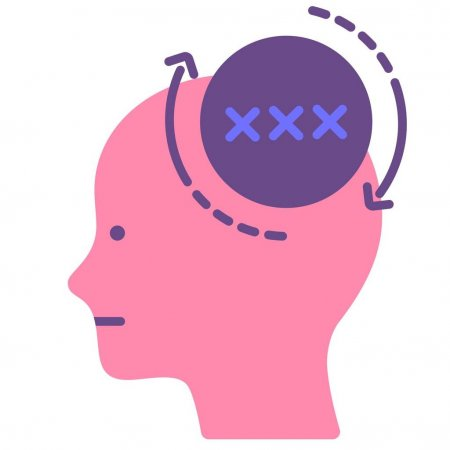Clearing the Air Around Hypersexuality
By – Eshna
Society’s discomfort with talking about sex and issues related to it means that important topics like this one often remain swept under the rug. In this article we aim to find out more about it.
Let’s start with the basics first.
What exactly is hypersexuality?
According to Psychology Today, hypersexuality or Hypersexual disorder is a proposed diagnosis for people who engage in sex or think about sex through fantasies and urges more than normal. These individuals may engage in activities such as porn, masturbation, sex for pay, and multiple partners, among others. As a result, these people may feel distress in areas of life including work and relationships.
By definition, this adult obsessive pattern of thoughts and behaviors will continue despite:
- Attempts made to self-correct problematic sexual behavior
- Promises made to self and others toward sexual behavior change
- Significant, directly related negative life consequences in life and relationship stability, emotional and physical health concerns, or career and legal problems.
What is important to note here is that: Sexual addiction is not defined by what or who the individual finds arousing, but rather by self- and other-objectified, repetitive patterns of sexual behavior utilized to stabilize distress and to manage emotional triggers.
In simpler terms, for people suffering from hypersexuality or sex addiction, sexual interactions become a sort of coping mechanism for real world problems.

DEBATE AMONGST PSYCHOLOGISTS
There is considerable debate amongst experts all around the world whether or not sexual addiction should be considered a legitimate disorder, mostly because there is a huge lack of research around this condition. While not included in the fifth edition of the Diagnostic and Statistical Manual of Mental Disorders (DSM-V) it is included in the International Classification of Diseases by the World Health Organisation.
SEX ADDICTION IS NOT THE SAME AS PORN ADDICTION
While it might be easy to confuse the two, sex addiction is not the same as porn addiction, although porn addiction may be a part of hypersexuality.
HIGH SEX DRIVE OR SEX ADDICTION?
Its important to understand that hypersexuality does not mean having a high sex drive. One must make important distinctions between both.
It is best to consult with a healthcare professional for proper evaluation of your sex addiction, however, you may also want to look out for the following signs:
- You feel powerless over how you act sexually.
- Your sexual choices are making your life unmanageable.
- You feel shame, embarrassment or even self-loathing over your sexual acts.
- You promise yourself you’ll change, but fail to keep those promises.
- You’re so preoccupied with sex it becomes like a ritual to you.

CAUSES AND TREATMENT
While causes of hypersexuality are not fully understood, many experts believe one can be sexual trauma or abuse in childhood, and it is known that sexually abused children may display increased sexual behaviors.
An imbalance of natural brain chemicals may also cause hypersexuality. Certain chemicals in your brain (neurotransmitters) such as serotonin, dopamine and norepinephrine help regulate your mood. High levels may be related to compulsive sexual behavior.
There is an increased risk of sexual addiction in those who already have existing mental health conditions, like depression and those who indulge in other problematic behaviour like alcohol or drug abuse.
One should definitely consider seeking treatment for hypersexuality if it begins to directly and negatively affect their life in various aspects like their career or relationships.
A first step in seeking help is talking to a licensed social worker or psychologist.
The need of the hour is to dispel the curtain of stigma surrounding this disorder so that those who suffer from it can come out and seek the necessary treatment.
Author

